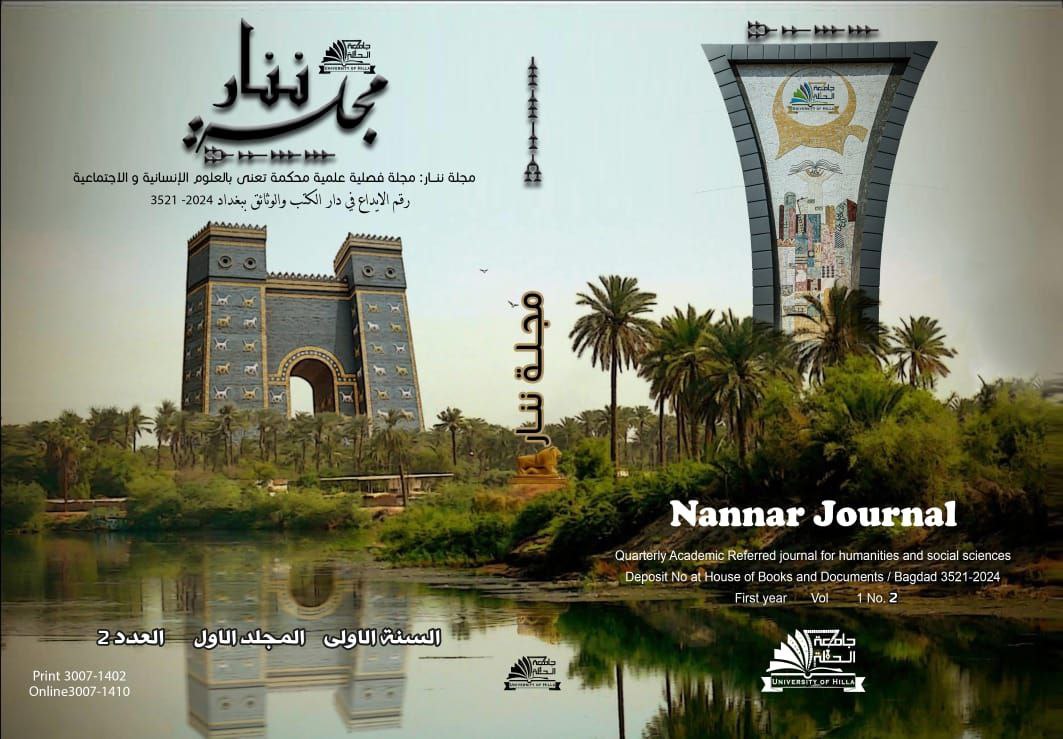الحُكم بأصح القولين عند علماء العربية
الكلمات المفتاحية:
أصح، صحيح، القولين، رجح، الحكمالملخص
تُعدُ اللغة وسيلة للتواصل والتفاهم بين الأمم، وهي تُؤخذ سُماعًا مِنْ متكلميها كالصبي العربي يأخذُ اللغة مِنْ أبويه عندما يسمع قوليهما أو عن غيرهما، وتُأخذ اللغة تلقنا مِنْ مُلقنٍ ما أو مِنْ الرواة الثُقاتْ مِمّنْ عُرفوا بالصدق والأمانة .
أمَّا قواعدها وأحكامها فقد أُخذتْ بعد استقراء اللغة وقياسها مِنْ قبل العلماء الذين أتقنوا نُظمها وخبروا مسائلها وعرفوا عللها فوجهوا المسائل النحويَّة توجيهًا إعرابيًّا بحسب الخيارات التي تُتيحها النصوص اللغوية وتُقرها قواعد اللغة.
وأثبتَ النحويون أحكامًا نحوية لمسائل تحتمل وجهين إعرابيين صحيحين أو أكثر تبعًا لأقوال العلماء وأدلتهم، والصحيح ما قوي دليله وهو يُقابل الأصح، والصحيح في اللغة: صحَّ الشيء : جعله صحيحًا .
ومِنْ العلماء مَنْ ذهب إلى أكثر مِنْ ذلك فوازن بين قولين نحويين صحيحين فرجَّح أحدهما فقال: (والقول الأوَّل عندي أصح) و(وهو أصح القولين)، وقولهم هذا صحيح والثاني أصح منه؛ لأنَّ كلًا منهما صحيح إلَّا أنَّ الأصح مُرجح على الآخر بوجه مِنْ وجوه الترجيح .
ومِنْ العلماء مَنْ علل حكمه وترجيحه للقول الأصح، ومِنْهم مَنْ ترك ذلك غُفلًا مِنْ دون تعليل، فهدف البحث إلى تتبع هذه الأحكام الصحيحة وبيان عِلل الأصح منها وذكر آراء العلماء وحججه









